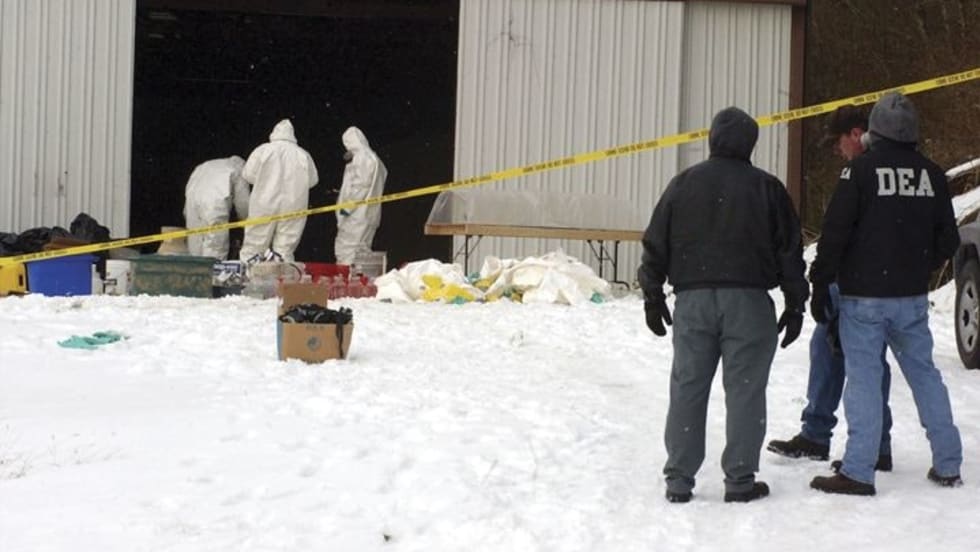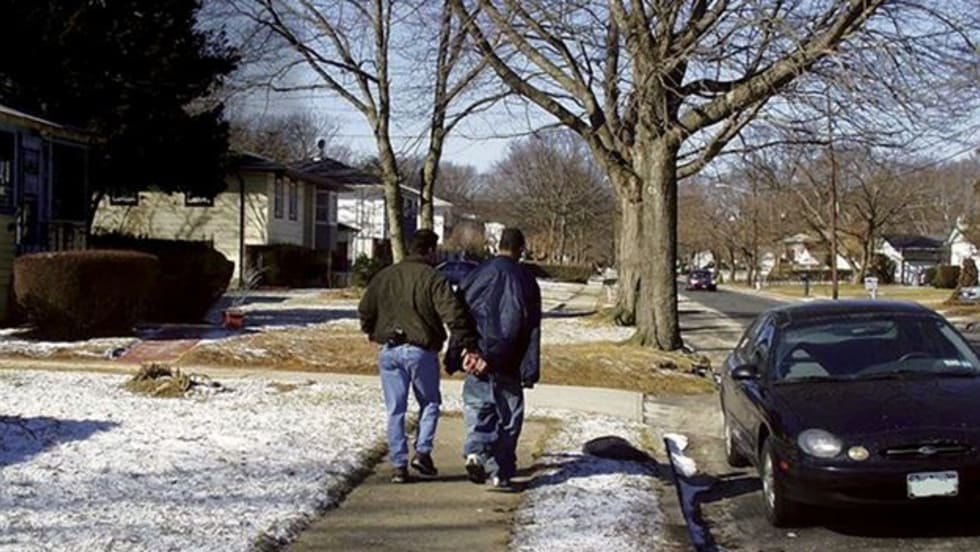
In 1971, President Richard Nixon declared what he called a modern-day war on drugs, calling it "America's Public Enemy Number One." Since then, police departments all over the country have been fighting that war, without a foreseeable end.
Read More →
Five years later many cops are still recovering from wounds and injuries they suffered on 9/11.
Read More →
Street racing of automobiles has been an American tradition since the early 1950s and probably long before. It’s not hard to imagine the first owners of Model T Fords staring each other down as they ran their “Tin Lizzies” down the rutted roads of the early 20th century. But the hey-day of street racing was the “I Like Ike” era when kids in souped-up Chevys and Fords would race for car titles and teenage glory.
Read More →
New York detective Ricky Smith has devoted his life to battling for control of the streets.
Read More →
In April, as the world watched millions of people descend on Vatican City for the funeral of Pope John Paul II, few would have realized that they were watching the inspiration for the crowd management tactics employed by America’s largest police force.
Read More →
Economically speaking, street drugs and club drugs are commodities. They are mass-produced products subject to fluctuations in price due to changes in supply and demand. The way you track the demand on a commodity is to check its market value. But there’s no organized commodity market for illegal drugs, so to gauge demand you have to do a little research, you have to talk to the people who know the drug market.
Read More →
There was a message in two recent gang murders for the people of Long Island. And that message was that gang violence had moved into the upper middle class enclaves of the Island, into the kinds of communities where the locals assume that crime is somebody else’s problem. Mara Salvatrucha 13 (MS-13) is unfortunately becoming everybody’s problem.
Read More →
In one afternoon a few cops helped 200 children see that the police aren’t the bad guys after all. They hoped the kids learned that there are kind and generous people in their world, and some of them are in blue uniforms.
Read More →
If federal agencies have problems cooperating and sharing information, how can local law enforcement work with them? The answers are certainly not simple, and may depend on just who is doing the answering.
Read More →
Improved cooperation between Marshals and local cops is the goal of a new federal initiative that was established after 9/11.
Read More →